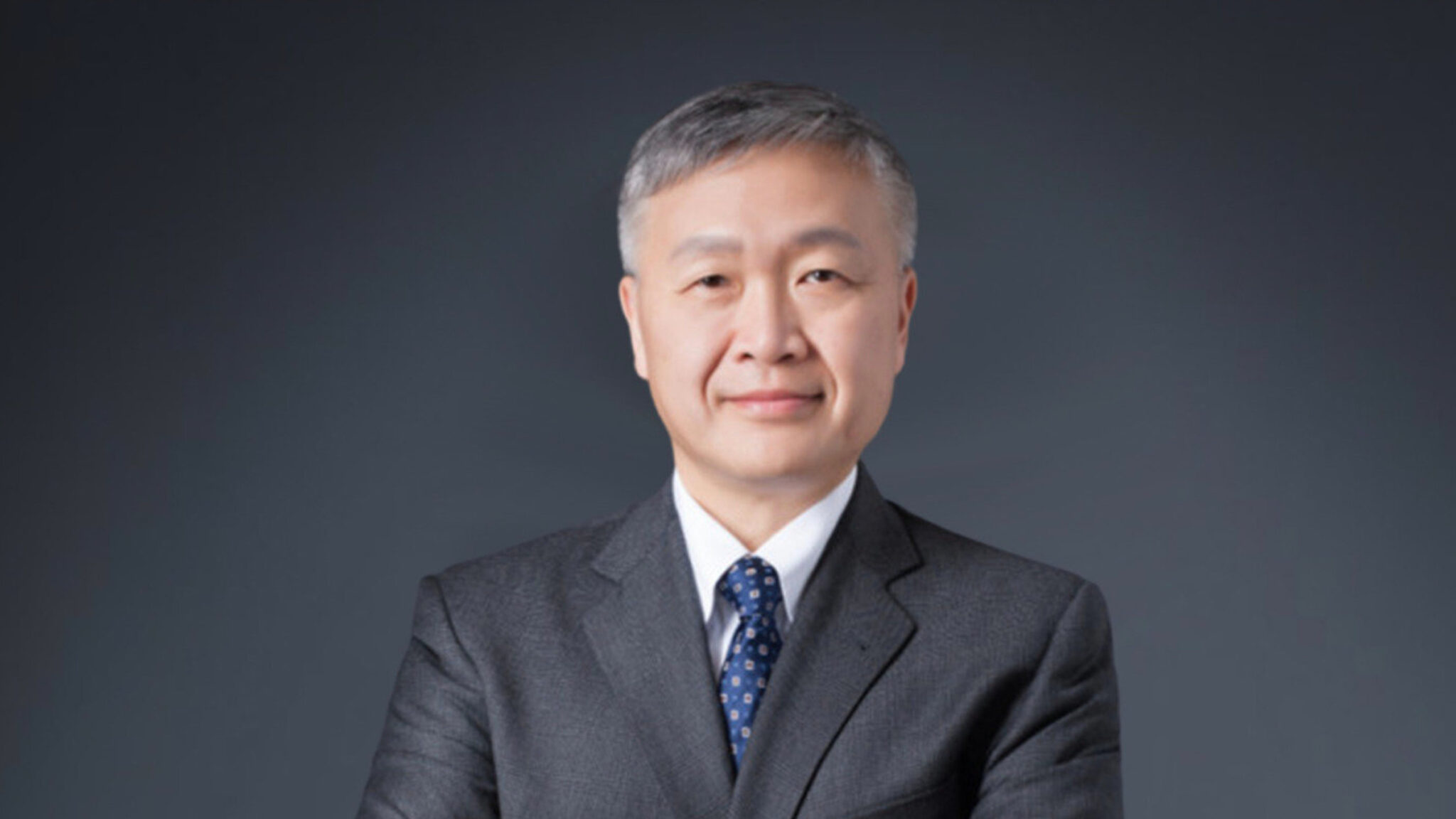
Xiayang Qiu, Regor Therapeutics CEO
After investing in their Series B, Lilly bags a license for a batch of metabolic candidates
Eli Lilly will license in Regor Therapeutics therapies for metabolic disorders, as a part of an agreement announced Friday that will …
Sign up to read this article for free.
Get free access to a limited number of articles, plus choose newsletters to get straight to your inbox.